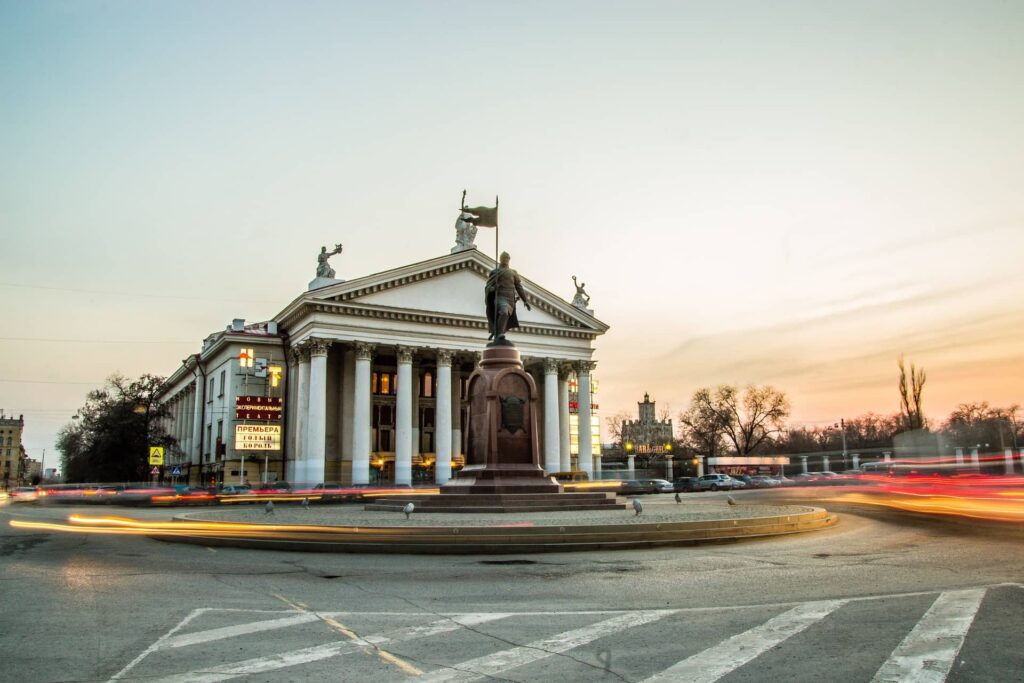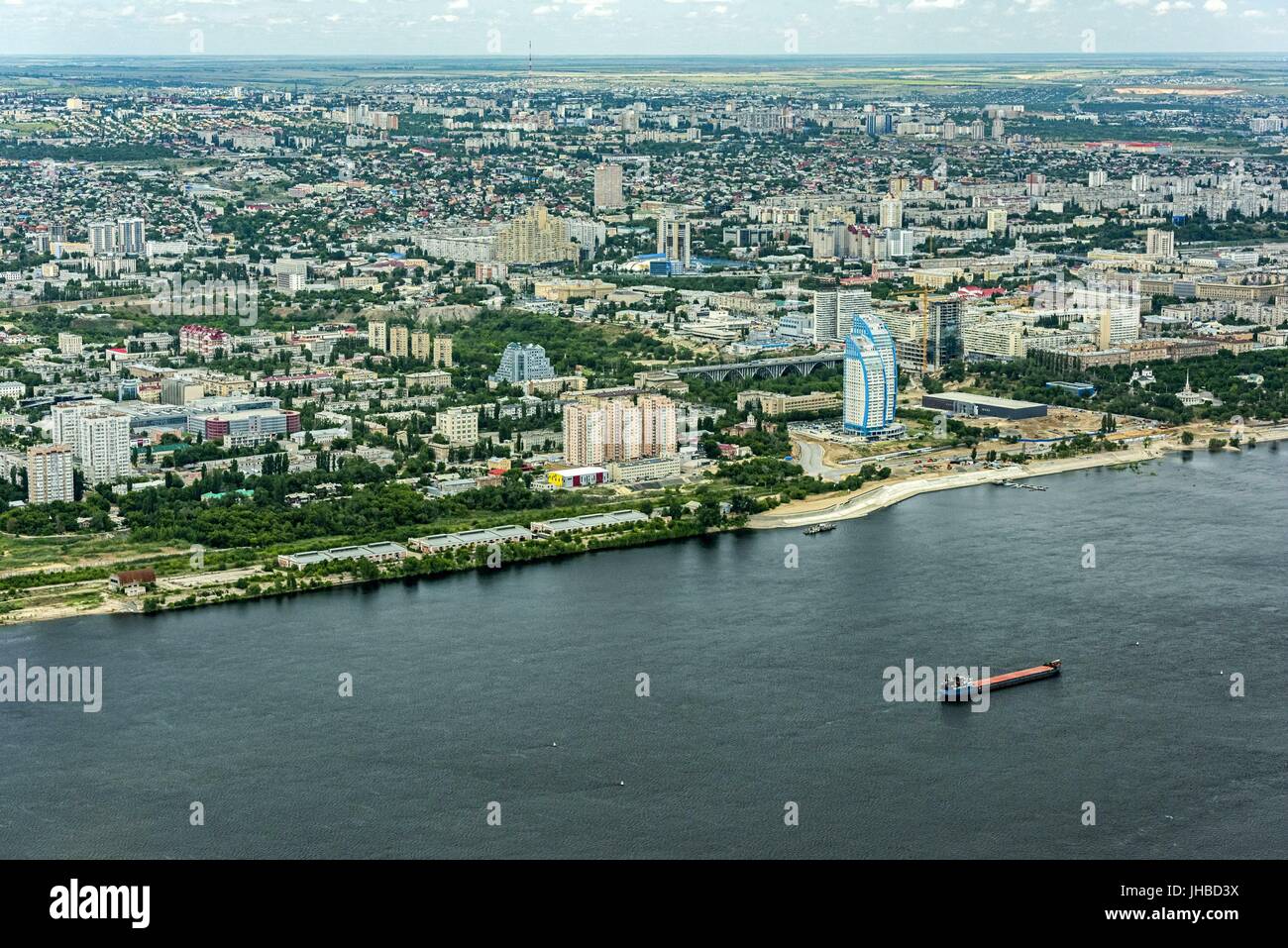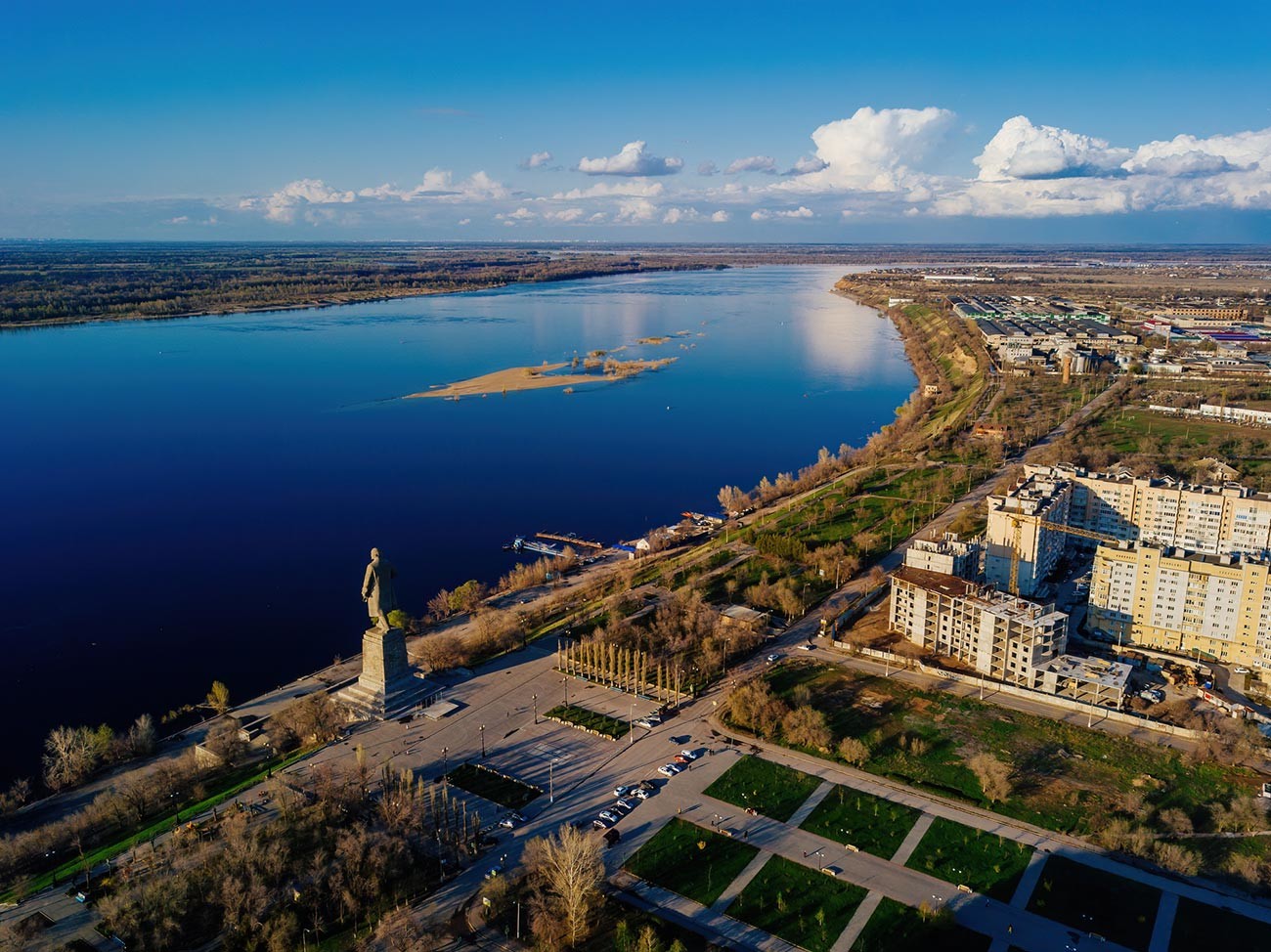Volgograd: A City Of History And Resilience On The Volga River
By admin / March 25, 2024 / No Comments / 2025
Volgograd: A City of History and Resilience on the Volga River
Related Articles: Volgograd: A City of History and Resilience on the Volga River
Introduction
With enthusiasm, let’s navigate through the intriguing topic related to Volgograd: A City of History and Resilience on the Volga River. Let’s weave interesting information and offer fresh perspectives to the readers.
Table of Content
Volgograd: A City of History and Resilience on the Volga River

Volgograd, a city in southwestern Russia, stands as a testament to resilience and historical significance. Situated on the western bank of the Volga River, the city’s strategic location has shaped its destiny, making it a pivotal point in Russian history and a vibrant cultural center.
A City Transformed: From Tsaritsyn to Stalingrad to Volgograd
The city’s name itself reflects its tumultuous past. Originally known as Tsaritsyn, it was a significant trading post during the Tsarist era. Its strategic importance became even more pronounced during the Russian Civil War, when it became a focal point of conflict. The city was renamed Stalingrad in 1925, honoring Joseph Stalin, and its name was subsequently changed to Volgograd in 1961, following the de-Stalinization campaign.
The Battle of Stalingrad: A Turning Point in World War II
Volgograd’s enduring legacy is inextricably linked to the Battle of Stalingrad, one of the most pivotal battles of World War II. From August 1942 to February 1943, the city witnessed a brutal struggle between the Soviet and German armies. The battle, characterized by intense urban warfare and immense human cost, marked a turning point in the Eastern Front, ultimately leading to the German defeat. The Battle of Stalingrad serves as a stark reminder of the sacrifices made for freedom and the city’s unwavering spirit in the face of adversity.
A City of Remembrance and Resilience
Today, Volgograd is a city that honors its past while embracing the future. The city’s iconic Mamayev Kurgan, a hill overlooking the Volga River, serves as a poignant memorial to the Battle of Stalingrad. The Motherland Calls statue, a towering monument symbolizing the resilience of the Soviet people, stands atop the hill, a constant reminder of the city’s enduring spirit.
A City of Culture and Heritage
Beyond its historical significance, Volgograd is a city with a rich cultural heritage. The city boasts numerous museums, theaters, and art galleries, showcasing the diverse artistic talents of its residents. The Volgograd Regional Museum of Local Lore, for example, houses a vast collection of artifacts tracing the city’s history from its origins to the present day.
A City of Modernity and Development
While Volgograd honors its past, it also embraces the future. The city is undergoing significant modernization and development, with new infrastructure projects and a growing economy. The city’s strategic location on the Volga River makes it a key transportation hub, connecting the region to other major cities in Russia.
Volgograd on the Map: A Closer Look
Geography and Location:
- Volgograd is situated in the southwestern part of Russia, on the western bank of the Volga River.
- It is located approximately 950 kilometers (590 miles) southeast of Moscow.
- The city is the administrative center of Volgograd Oblast, a region with a diverse landscape, encompassing steppes, forests, and the Volga River.
Climate:
- Volgograd experiences a humid continental climate, with hot summers and cold, snowy winters.
- The average temperature in July is around 25°C (77°F), while the average temperature in January is around -8°C (18°F).
Demographics:
- Volgograd has a population of approximately 1 million people.
- The city is predominantly Russian, with a small minority of other ethnic groups, including Ukrainians, Armenians, and Germans.
Economy:
- Volgograd’s economy is based on a diverse range of industries, including manufacturing, agriculture, and transportation.
- The city is a major producer of agricultural products, including grain, sunflower oil, and cotton.
- Volgograd is also a significant center for heavy industry, with factories producing machinery, metals, and chemicals.
Transportation:
- Volgograd is well-connected to other parts of Russia by road, rail, and air.
- The city has a major international airport, Volgograd International Airport, which serves as a hub for domestic and international flights.
- Volgograd is also located on the Volga River, which provides a vital waterway for transportation and trade.
Tourism:
- Volgograd is a popular tourist destination, attracting visitors from around the world.
- The city’s most popular attractions include Mamayev Kurgan, the Volgograd Regional Museum of Local Lore, and the Stalingrad Battle Panorama Museum.
- Volgograd also offers a range of other attractions, including theaters, art galleries, and parks.
FAQs about Volgograd:
-
Q: What is the best time to visit Volgograd?
- A: The best time to visit Volgograd is during the shoulder seasons, spring (April-May) and autumn (September-October), when the weather is pleasant and the crowds are smaller.
-
Q: What are the must-see attractions in Volgograd?
- A: The must-see attractions in Volgograd include Mamayev Kurgan, the Volgograd Regional Museum of Local Lore, the Stalingrad Battle Panorama Museum, and the Volgograd State Circus.
-
Q: What is the local cuisine like in Volgograd?
- A: Volgograd’s cuisine is a blend of Russian and Central Asian influences. Some popular dishes include pelmeni (dumplings), borscht (beetroot soup), and shashlik (grilled meat skewers).
-
Q: What is the cost of living in Volgograd?
- A: The cost of living in Volgograd is relatively low compared to other major cities in Russia.
-
Q: What is the language spoken in Volgograd?
- A: The official language of Volgograd is Russian.
Tips for Visiting Volgograd:
- Plan your trip in advance: Book your flights and accommodation well in advance, especially if you are traveling during peak season.
- Learn some basic Russian phrases: While English is spoken in some tourist areas, knowing a few basic Russian phrases will be helpful.
- Dress comfortably: The weather in Volgograd can be unpredictable, so dress in layers.
- Be respectful of the city’s history: Volgograd is a city with a rich and complex history, so be respectful of its memorials and monuments.
- Try the local cuisine: Volgograd offers a variety of delicious and affordable food options.
Conclusion:
Volgograd, a city deeply intertwined with history, stands as a symbol of resilience and the enduring spirit of the human will. From its pivotal role in the Battle of Stalingrad to its vibrant cultural heritage, Volgograd continues to captivate visitors with its unique blend of historical significance and modern charm. Whether you are a history enthusiast, a culture aficionado, or simply seeking a unique travel experience, Volgograd offers a captivating journey into the heart of Russia.








Closure
Thus, we hope this article has provided valuable insights into Volgograd: A City of History and Resilience on the Volga River. We appreciate your attention to our article. See you in our next article!